Climate action-focused schemes in the Common Agricultural Policy (CAP) and climate change issues on the curricula of agriculture students were just some of a number of responses a climate change summit heard on Friday.
Stakeholders from all industries, including agriculture, took part in a number of consultation breakout sessions where they floated their ideas on how agriculture can play a role in climate mitigation.
Minister for Climate Action Richard Bruton also took part on the day.
For the agriculture and land-use session, Professor Emeritus of European Agricultural Policy at Trinity College Dublin Alan Matthews was the chair of the breakout session and summarised what was said into six key points.
1 Long-term versionThere is a necessity for a long-term vision for the agricultural sector, which should probably be expressed in terms of integrated land use policy, Matthews said.
“It’s probably not going to be a policy that will lift all boats – in other words, there will be choices to be made, some sectors may well diminish in size and we shouldn’t be afraid of that.
“The much more preferable approach is to try to create alternatives which are potentially attractive to farmers,” he said.
2 Policy coherence“Clearly, at a very high level, where we are encouraged to increase output, there is the question of ensuring this is done on a sustainable basis.
“There can be tensions and conflicts there, but in the specific area of climate action, we recognised, of course, there are co-benefits in some areas. For example, gains in air pollution through reducing ammonia.
"But there was also a concern that in any plan trade-offs would be recognised, in particular the need not to damage biodiversity,” Matthews said.
3 CAPSpeaking on CAP, Matthews said that it is hugely important in farming, in terms of its support to farm incomes.
“Here, there is a change on the way, because there is a proposal from the [European] Commission in terms of the design of a further reform of the CAP in the post-2020 period.
“It provides an opportunity, because it's likely Ireland will have more flexibility to use CAP funds in ways that are more targeted to [our] own objectives, so the possibility of schemes which more focused on climate action.
"But it is fair to say there was some nervousness also about this, because, of course, the CAP is there as a farm income support. It was recognised that the budget was being reduced and requiring more of farmers, for the same money, which is an issue which needs reflection.”
4 ForestryOn the topic of forestry, Matthews said it was put in the break-out session that forestry is sometimes seen as a white knight, providing the offsets from emissions from agricultural production.
“Maybe this is not the right way to think of it. We have long experience of forestry and afforestation policy.
"We’re not achieving our national targets in this area – so why not and what might be done to reverse that trend.
“The need to look again at better exploiting state lands, the emphasis in recent years has been new planting in private,” he said.
5 Renewables A number of people from the renewable sector told the session of the potential there when it comes to climate change.
Summarising the points, Matthews said: “We’re talking here about solar, about anaerobic digestion and energy crops as such wasn’t mentioned, but would come into the mix.
"There clearly needs to be a look at perceived barriers to implementing renewables policy in the agricultural sector.”
Finance, grid connection, community involvement and the design of the REFIT scheme were some of the issues raised, he said.
6 AttitudesThe question was raised to what extent the farming community is committed, has bought into and is aware of the challenges and opportunities from the climate agenda, Matthews said.
“It was pointed out that there's been quite massive involvement through carbon audit schemes and in other ways.
"The sense was there that farmers are aware and willing to participate and that there are a number of strengths in the Irish model which we can build on.
“One is the co-operative tradition. The co-op model provides a framework which could be used to implement some of the initiatives which are possible in this area.
“In terms of awareness, the strength here is the advisory service, which is well respected and integrated in farming community. It can be used to help create awareness.
“It was also highlighted the importance of training of the next generation coming up, to ensure that curricula in agricultural colleges and universities were aligned with the challengers which we face,” he said.
Climate action-focused schemes in the Common Agricultural Policy (CAP) and climate change issues on the curricula of agriculture students were just some of a number of responses a climate change summit heard on Friday.
Stakeholders from all industries, including agriculture, took part in a number of consultation breakout sessions where they floated their ideas on how agriculture can play a role in climate mitigation.
Minister for Climate Action Richard Bruton also took part on the day.
For the agriculture and land-use session, Professor Emeritus of European Agricultural Policy at Trinity College Dublin Alan Matthews was the chair of the breakout session and summarised what was said into six key points.
1 Long-term versionThere is a necessity for a long-term vision for the agricultural sector, which should probably be expressed in terms of integrated land use policy, Matthews said.
“It’s probably not going to be a policy that will lift all boats – in other words, there will be choices to be made, some sectors may well diminish in size and we shouldn’t be afraid of that.
“The much more preferable approach is to try to create alternatives which are potentially attractive to farmers,” he said.
2 Policy coherence“Clearly, at a very high level, where we are encouraged to increase output, there is the question of ensuring this is done on a sustainable basis.
“There can be tensions and conflicts there, but in the specific area of climate action, we recognised, of course, there are co-benefits in some areas. For example, gains in air pollution through reducing ammonia.
"But there was also a concern that in any plan trade-offs would be recognised, in particular the need not to damage biodiversity,” Matthews said.
3 CAPSpeaking on CAP, Matthews said that it is hugely important in farming, in terms of its support to farm incomes.
“Here, there is a change on the way, because there is a proposal from the [European] Commission in terms of the design of a further reform of the CAP in the post-2020 period.
“It provides an opportunity, because it's likely Ireland will have more flexibility to use CAP funds in ways that are more targeted to [our] own objectives, so the possibility of schemes which more focused on climate action.
"But it is fair to say there was some nervousness also about this, because, of course, the CAP is there as a farm income support. It was recognised that the budget was being reduced and requiring more of farmers, for the same money, which is an issue which needs reflection.”
4 ForestryOn the topic of forestry, Matthews said it was put in the break-out session that forestry is sometimes seen as a white knight, providing the offsets from emissions from agricultural production.
“Maybe this is not the right way to think of it. We have long experience of forestry and afforestation policy.
"We’re not achieving our national targets in this area – so why not and what might be done to reverse that trend.
“The need to look again at better exploiting state lands, the emphasis in recent years has been new planting in private,” he said.
5 Renewables A number of people from the renewable sector told the session of the potential there when it comes to climate change.
Summarising the points, Matthews said: “We’re talking here about solar, about anaerobic digestion and energy crops as such wasn’t mentioned, but would come into the mix.
"There clearly needs to be a look at perceived barriers to implementing renewables policy in the agricultural sector.”
Finance, grid connection, community involvement and the design of the REFIT scheme were some of the issues raised, he said.
6 AttitudesThe question was raised to what extent the farming community is committed, has bought into and is aware of the challenges and opportunities from the climate agenda, Matthews said.
“It was pointed out that there's been quite massive involvement through carbon audit schemes and in other ways.
"The sense was there that farmers are aware and willing to participate and that there are a number of strengths in the Irish model which we can build on.
“One is the co-operative tradition. The co-op model provides a framework which could be used to implement some of the initiatives which are possible in this area.
“In terms of awareness, the strength here is the advisory service, which is well respected and integrated in farming community. It can be used to help create awareness.
“It was also highlighted the importance of training of the next generation coming up, to ensure that curricula in agricultural colleges and universities were aligned with the challengers which we face,” he said.




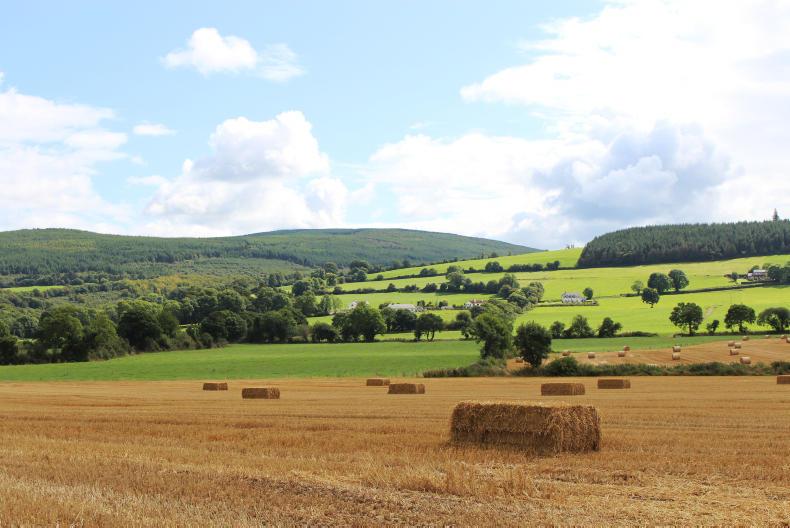
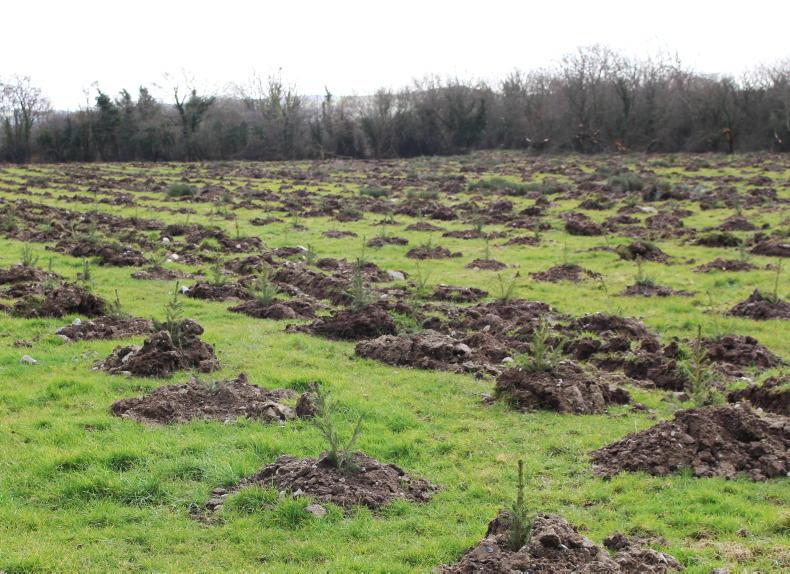
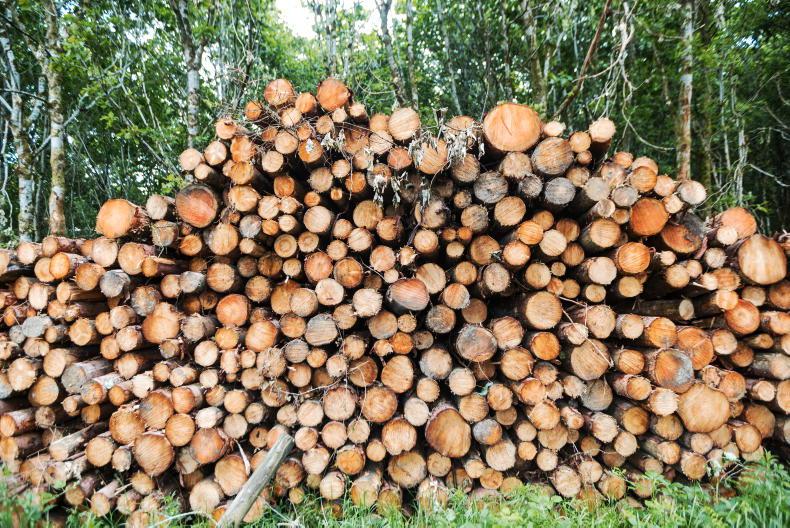
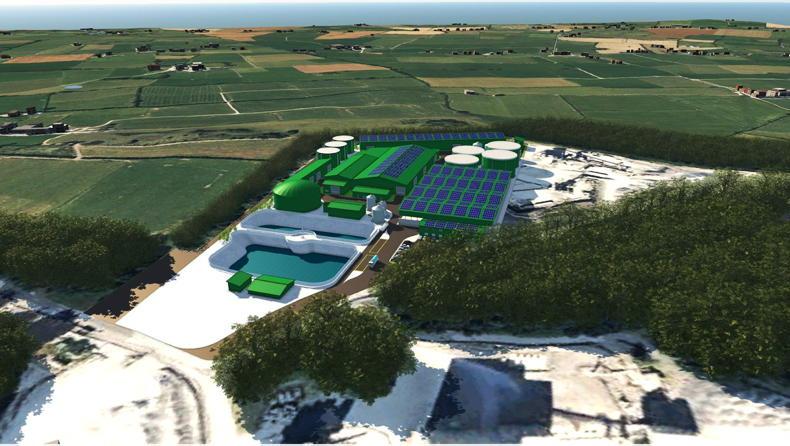
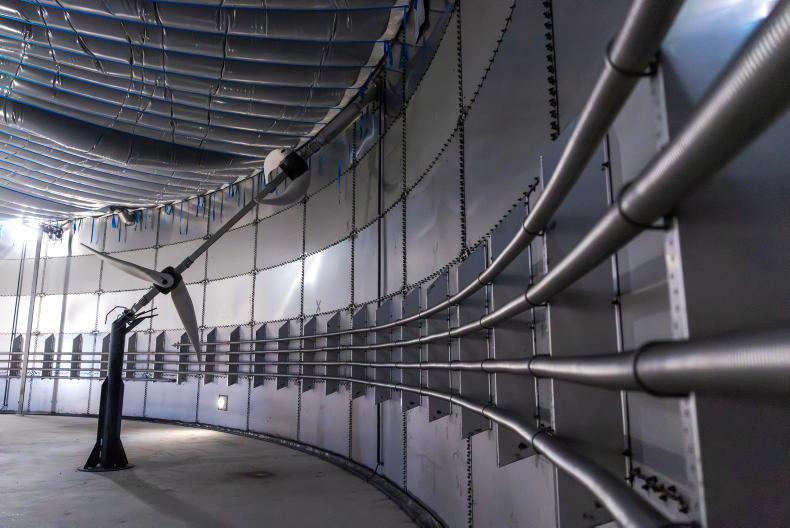
SHARING OPTIONS